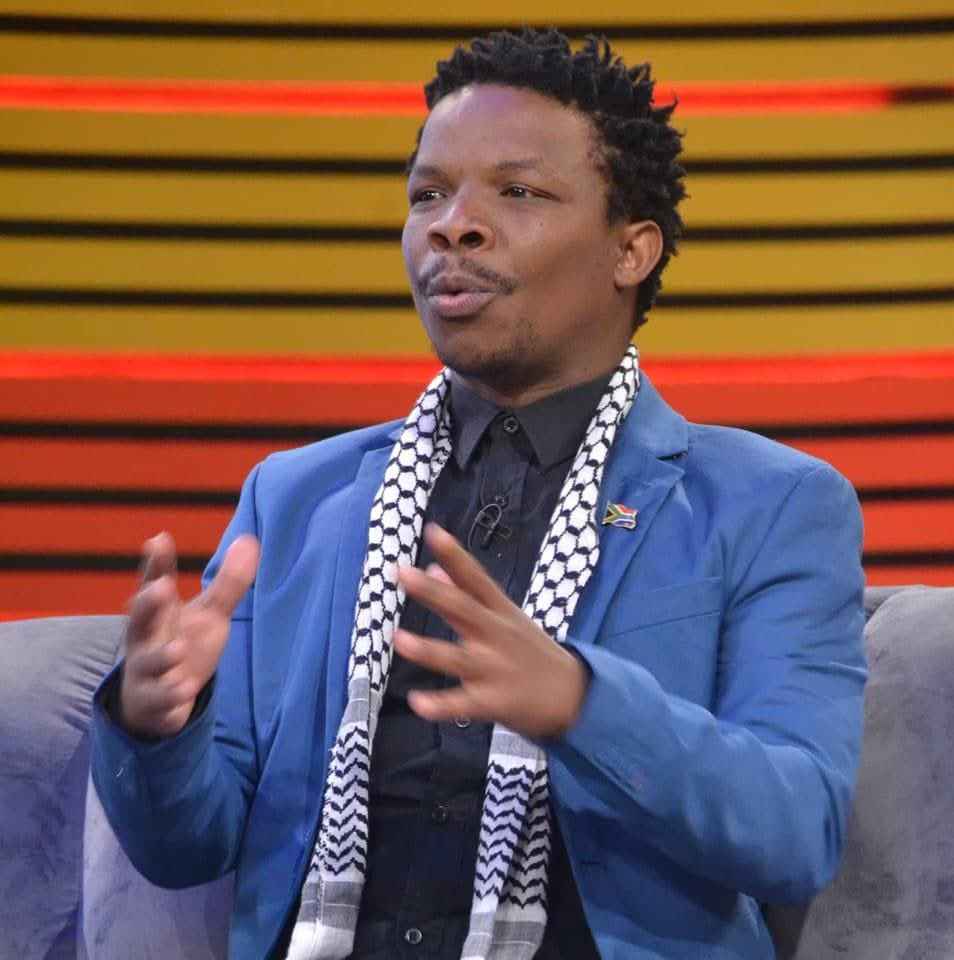News
Mandela’s Grandson Demands Legal Action Over Afrikaners’ Trump Refugee Move

When former US President Donald Trump offered refugee status to Afrikaners claiming persecution in South Africa, it stirred a storm both here and abroad. Now, Mayibuye Melisizwe Mandela, Nelson Mandela’s great-grandson, has stepped forward with a bold call: he wants the South African government to press charges against the more than 49 Afrikaners who took up the offer. For him, their claims are not only false but part of a wider effort to destabilise the country.
False Narratives and a Fractured Nation
Trump’s refugee offer in February this year came on the back of a narrative pushed by some Afrikaner groups alleging “white genocide” in South Africa. This deeply controversial claim has been fiercely denied by President Cyril Ramaphosa himself, who told Trump during a May meeting that no genocide is occurring rather, crime affects South Africans of all backgrounds, with the majority of victims being Black.
Mayibuye Mandela sees this as more than misinformation. He says it is a “coordinated effort” to stir international hostility and sow division in a fragile democracy still healing from its past. He is urging multiple government departments from Justice and Home Affairs to the National Prosecuting Authority to investigate the legal breaches involved.
Legal Grounds and Government Silence
The Mandela family alleges that these Afrikaners violated several laws, including the Immigration Act and even legislation meant to protect South Africa’s constitutional democracy. Yet, when asked, government spokespeople remained cautious. The Department of International Relations and Cooperation suggested Mandela open an official complaint to trigger investigations. Meanwhile, the National Prosecuting Authority and Home Affairs said no formal case had been opened yet, and so could not comment.
Despite this, Mayibuye Mandela says he and his team are moving forward with plans to formally open a case, emphasizing accountability. He also names AfriForum and Solidarity, influential Afrikaner civil rights groups as responsible parties for spreading what he calls a “false narrative” that harms South Africa’s unity.
AfriForum and Solidarity Push Back
Both organisations reject the accusations. AfriForum declined to comment beyond referring questions to their chief officer, who has stayed silent. Solidarity’s spokesperson called the claims “completely unfounded” and framed the controversy as a distraction from South Africa’s real problems.
Solidarity insists it has never called the situation a genocide but warns of growing cultural and economic oppression against minorities, describing this as “general cultural persecution” that could escalate. They also stress that the US government has the sovereign right to grant refugee status as it sees fit.
Political Fallout and Ongoing Tensions
This issue has broader political implications. Both AfriForum and Solidarity are now under government investigation for alleged treason, accused of supplying misleading information to the US, potentially influencing decisions like cutting aid and offering refugee status.
Several political parties, including the Economic Freedom Fighters (EFF) and the MK Veterans Association, have called for firm government action, seeing this as an attack on South Africa’s sovereignty.
This saga reflects a deeply polarised South Africa grappling with its identity and the persistent scars of apartheid-era divisions. Mayibuye Mandela’s stance underscores a growing impatience among younger generations of leaders to protect the country’s democratic fabric and reject attempts to weaponise race for political gain.
Meanwhile, Afrikaner groups argue for recognition of minority rights and protection from violence, calling for open dialogue rather than accusations.
As this story unfolds, it raises questions about how South Africa will balance its painful history with the realities of its present and future and how it will confront narratives that threaten to unravel the progress made since Mandela’s time.
If you follow South African news or social conversations, this story is a powerful reminder that peace and justice depend on truth and unity not division and fear.
{Source: IOL}
Follow Joburg ETC on Facebook, Twitter , TikTok and Instagram
For more News in Johannesburg, visit joburgetc.com



























